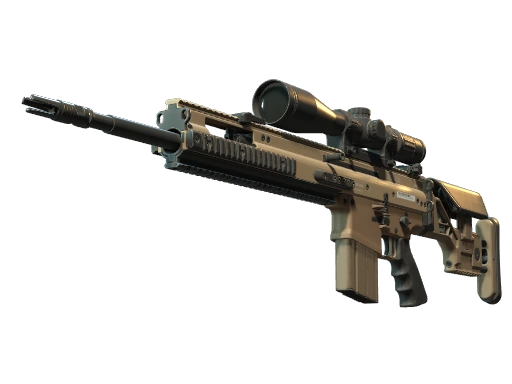Boat Drops: Your Portal to Aquatic Adventures
Explore the world of boating with tips, news, and insights.
Where Did All the Money Go? The Secrets of CSGO Save Rounds
Discover the hidden strategies behind CSGO save rounds and find out where all the money went. Uncover the secrets to mastering your economy!
Understanding the Economics of CSGO Save Rounds: A Deep Dive
In the highly competitive realm of CS:GO, understanding the economics behind save rounds is crucial for maximizing in-game efficiency. Save rounds typically occur when a team faces financial constraints, compelling players to forfeit a round to preserve their economy for future engagements. During a save round, players will often buy minimal equipment or weaponry, aiming to keep enough funds for the next round to secure rifles and utility. This tactical decision requires careful consideration of your team's overall economy, including how much money each player has, the potential for loss, and the importance of winning subsequent rounds.
Moreover, save rounds can significantly impact the outcome of matches. When executed strategically, they can lead to unexpected victories and shift momentum in a team's favor. For instance, a well-coordinated save round can catch the opposing team off-guard, allowing the saving players to surprise them with unexpected firepower in the next round. Moreover, it’s essential to communicate with teammates during these rounds to ensure everyone is on the same page regarding the plan and timing. Overall, mastering the concept of CS:GO save rounds not only enhances individual player performance but also contributes to the success of the entire team.

Counter-Strike is a highly popular tactical first-person shooter game that requires teamwork and strategy to succeed. Players can encounter various issues, including the warning that some of your game files have been detected cs2, which can impact gameplay. With its competitive scene and regular updates, Counter-Strike continues to engage millions of players worldwide.
The Strategy Behind CSGO Save Rounds: When and Why to Execute
In CSGO, understanding the strategy behind save rounds is crucial for maintaining economic stability and securing future victories. A save round typically occurs when a team decides to forgo purchasing full weapons and armor due to a lack of funds, usually after losing a round. The key moment to execute a save round is when teams recognize that investing their remaining resources won’t yield a favorable outcome. Instead of wasting money on expensive equipment that may be lost, players should instead opt to save their weapons or invest in cheaper, more economical options like pistols or utility. This allows the team to regroup, preserve their economy, and compete more effectively in upcoming rounds.
Knowing when and why to execute a save round can significantly impact a team's overall performance. Ideally, teams should consider saving when they are down to their last few credits or when it’s statistically improbable to win the round against an opposing team positioned with better equipment. A good strategy is to communicate and establish a plan to stick together, allowing for potential picks or to set up an ambush. By executing a save round thoughtfully, teams can eliminate the risk of a complete economic disaster, setting the stage for a stronger resurgence in subsequent rounds. Understanding this dynamic not only enhances gameplay but also fosters teamwork and discipline necessary for success in CSGO.
Where Did All the Money Go? Analyzing the Impact of Save Rounds on Gameplay
In recent years, many players have noticed significant changes in gameplay dynamics that prompt the question: Where Did All the Money Go? A critical examination reveals that save rounds, often utilized by competitive teams to preserve their economy after losing streaks, significantly influence both strategy and resource allocation. By understanding the mechanics of save rounds, players can adapt their tactics and make more informed decisions. Notably, these rounds not only affect immediate financial resources but also alter the game's overall pacing and tension.
Moreover, the impact of save rounds extends beyond individual gameplay; it shapes the team’s long-term strategies and their psychological approach to the game. When teams succeed in saving during those crucial rounds, they can re-enter matches with a stronger economy, leading to costly mistakes by opponents. In essence, evaluating where all the money went is not just about counting coins, but analyzing how these financial decisions ripple through the course of the match. Understanding this aspect can empower teams to leverage economic advantages effectively, making strategic adaptations that ultimately define their success.